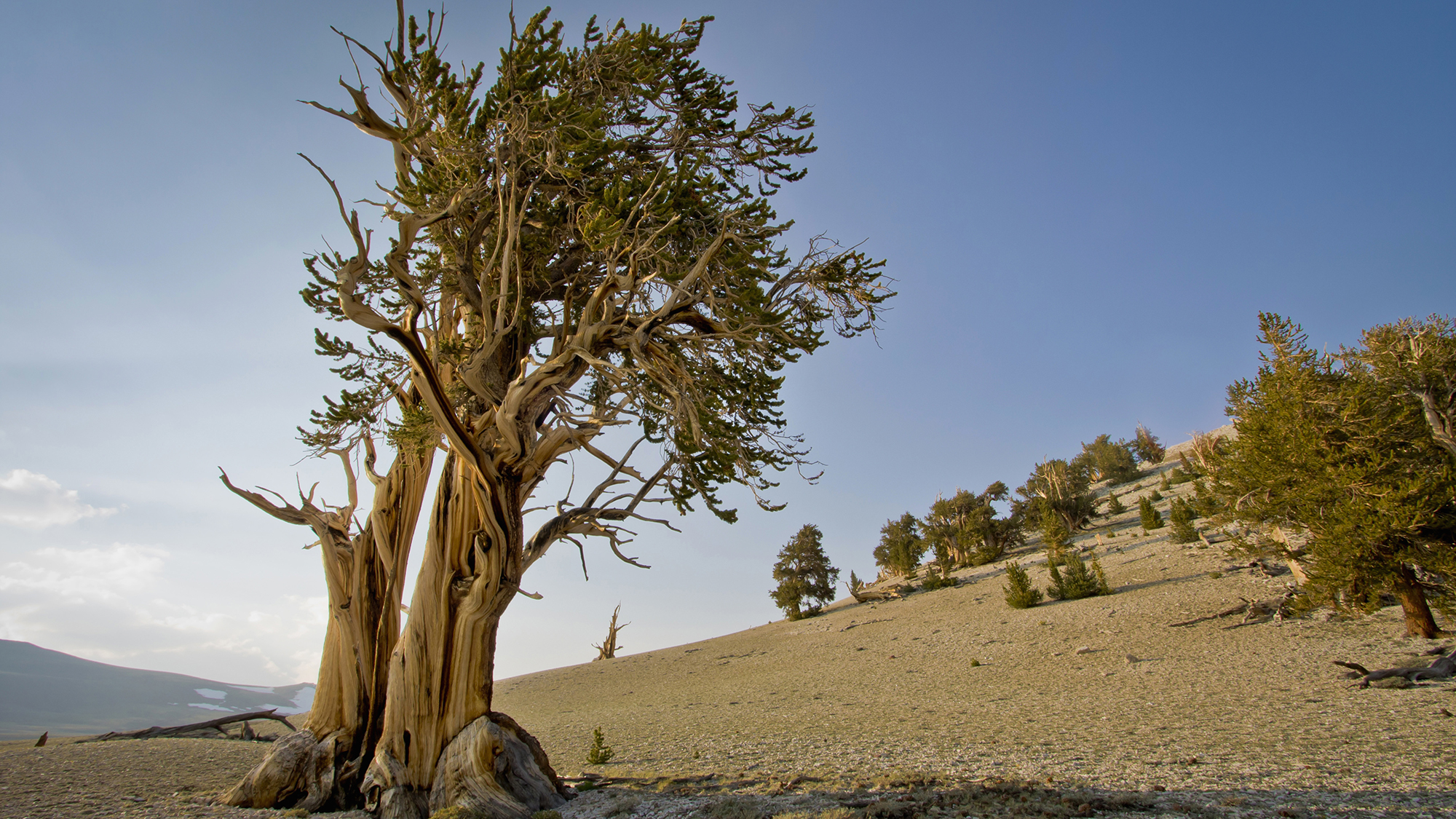Now here’s a huge victory for environmentalism that anyone who cares about our planet is certain to be thrilled by: Scientists just cut down the world’s oldest tree after it went over 5,000 years without giving us a single goddamn apple.
About damn time. Useless fuckin’ bum.
After exhaustive testing, environmental scientists determined that the ancient tree—a 5,068-year-old Great Basin bristlecone pine located in White Mountains, California—had stood for over five millennia without producing even one measly apple, essentially freeloading off the land since before the pyramids were built. Concluding that the tree had been given more than enough time and opportunity to grow an apple and seemed perfectly content just sitting around doing jackshit for the remainder of time, the scientists determined that the most reasonable and ecologically responsible course of action would be to call in a team of bulldozers to destroy the totally worthless Neolithic specimen.
“At 10 a.m. last Sunday, actions were taken to ensure the swift removal of this utter disappointment of a tree, which, despite having no problem withstanding over 5,000 years of fires, droughts, and earthquakes, apparently felt it’d be too much of a burden to squeeze out even a single goddamn apple,” said lead arborist Cheryl Finley in a press conference, adding that the tree couldn’t even be bothered to grow something shitty like a crabapple or a date. “We have since uprooted a few dozen similarly unproductive ancient trees from the general vicinity and planted several new apple trees as replacements, so we’re optimistic that we’ll soon have some trees that actually pull their weight around here.”
Hell. Yes. Free ride’s over, losers!
As far as the environment is concerned, this is definitely a win/win situation, and it’s good to see that some newer, more useful trees will finally get a chance to shine. Here’s hoping we see way more apples over the next 5,000 years than we did the previous.





